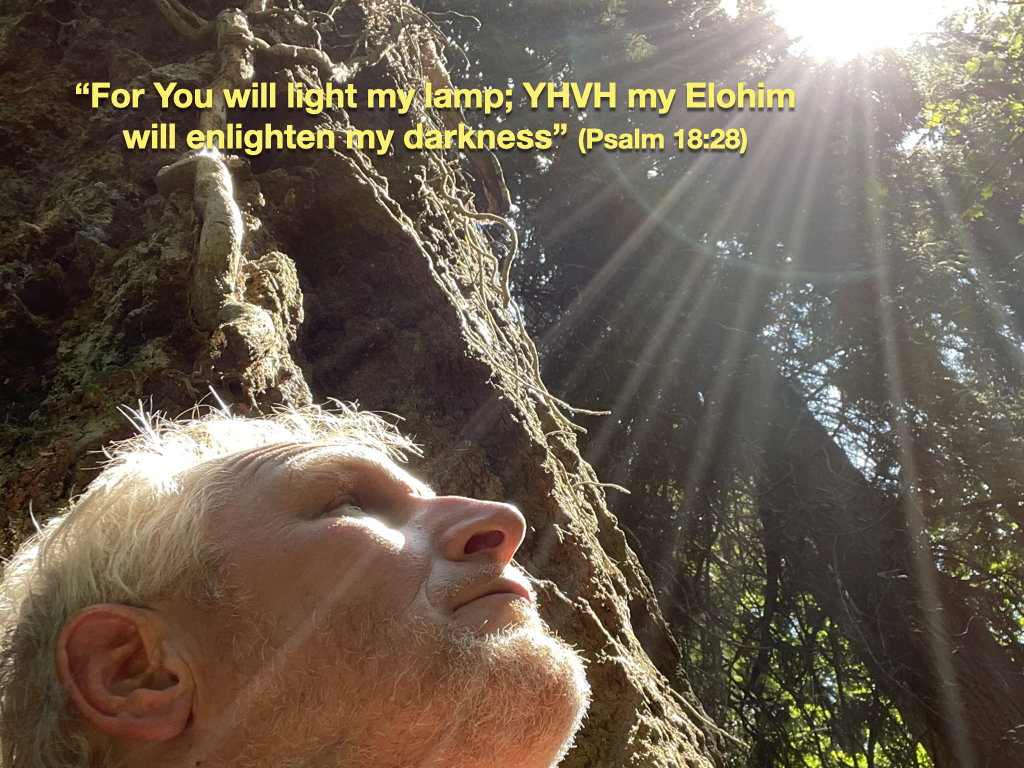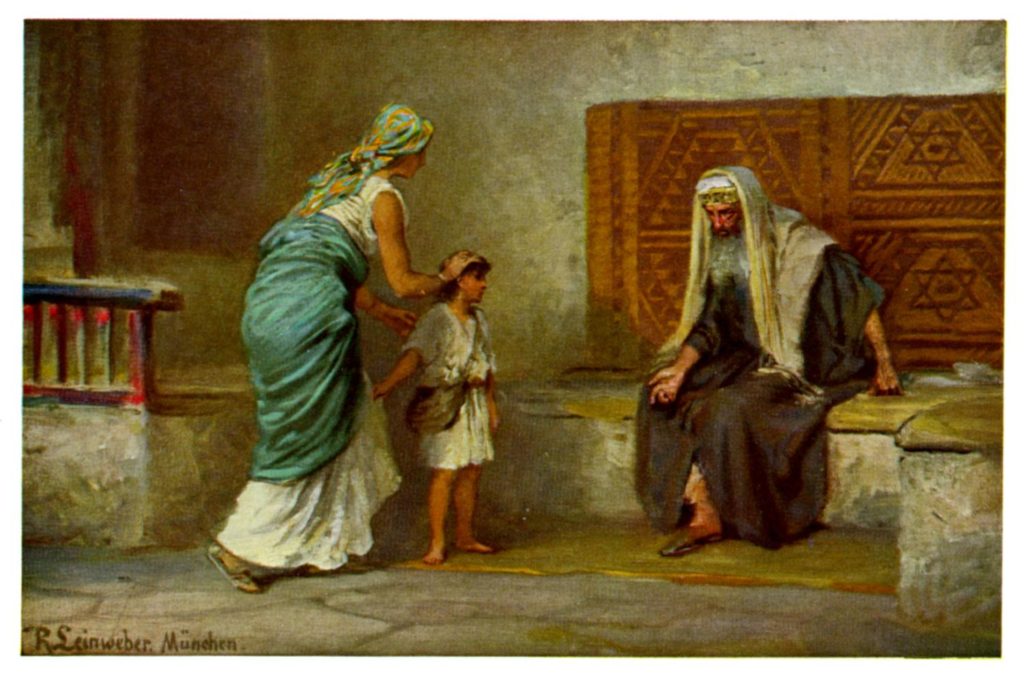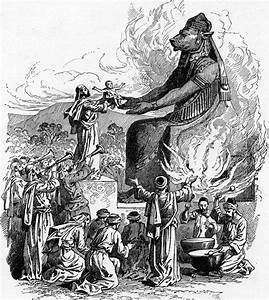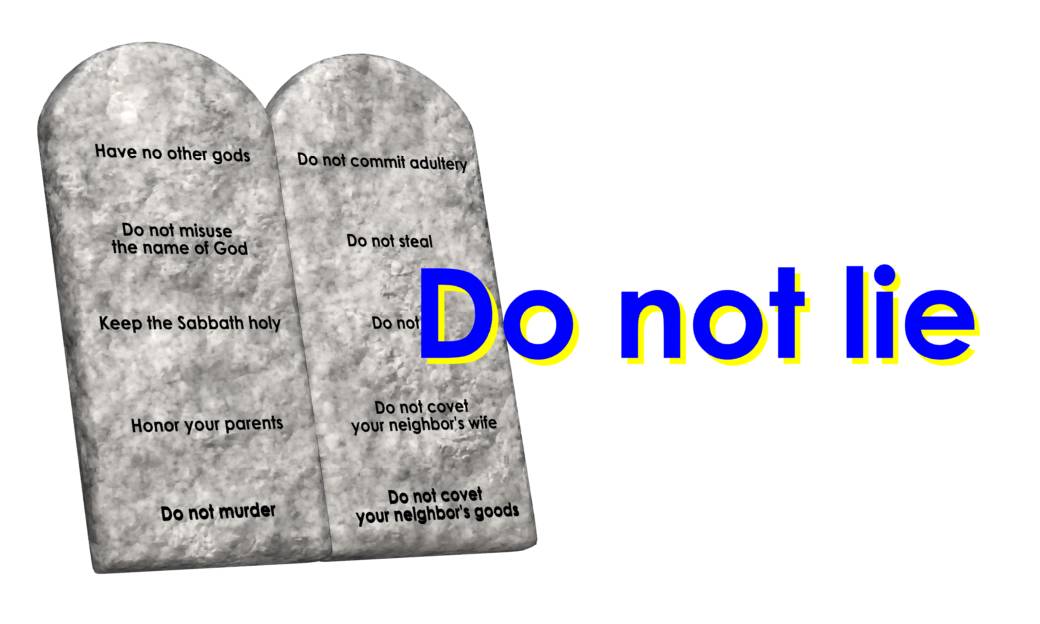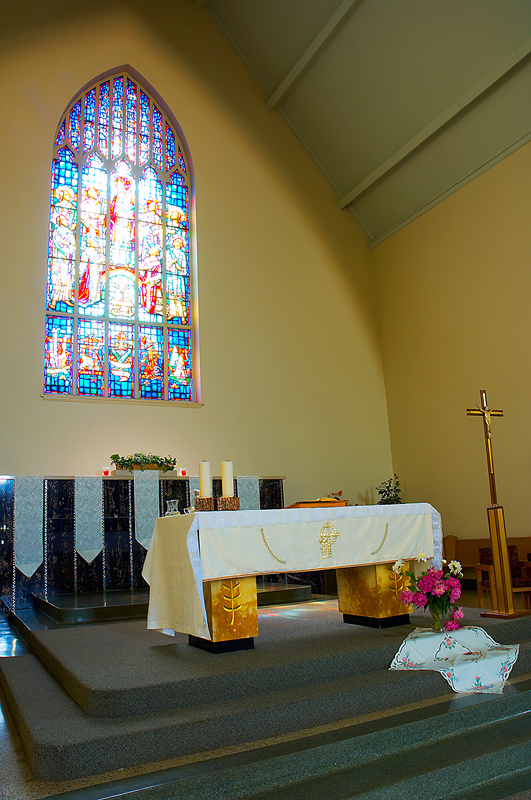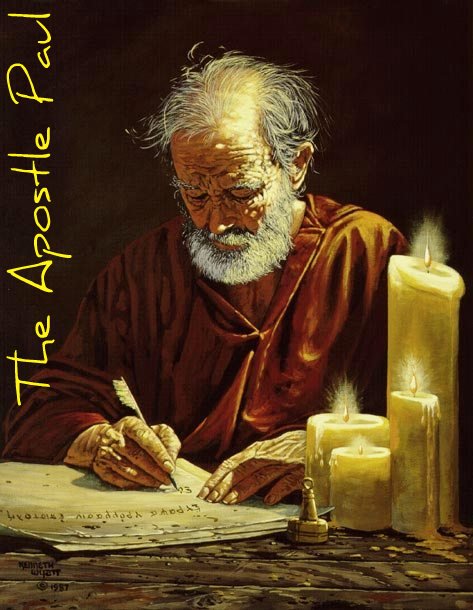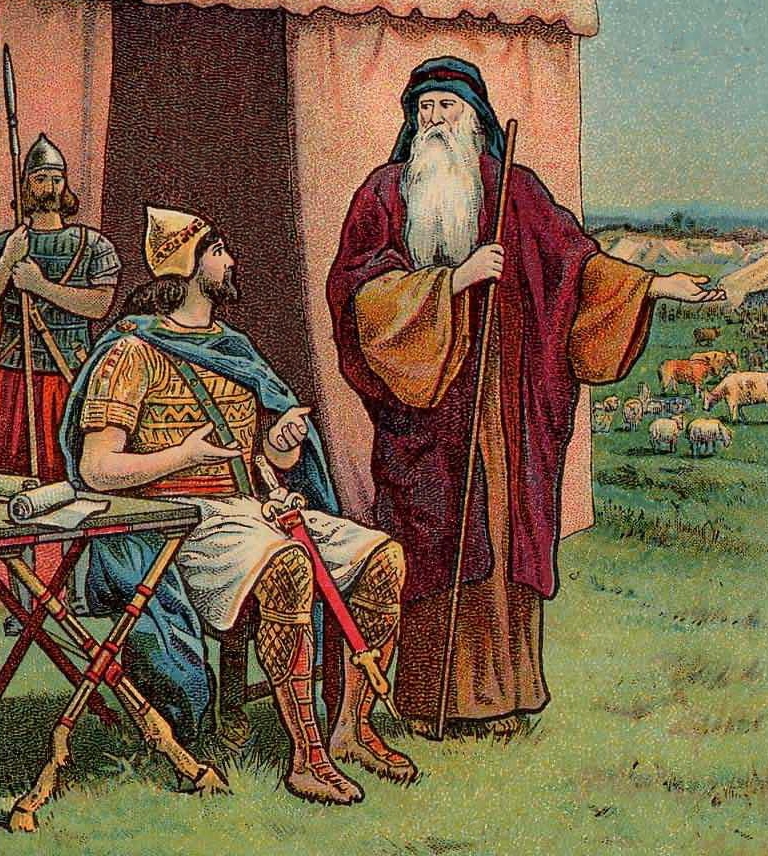
If we were tasked with writing an epitaph on the life of King Saul what would it be, and, perhaps more importantly, what lessons would we learn from the life of Israel’s first king? Several notable aspects on his life beg to be addressed, and since the young David figures so prominently in the saga of Saul’s life, it is almost impossible not to contrast the character qualities of these two Israelites when analyzing the life of the former.

The first character quality—a notable one—when first looking at Saul’s life is that he started out as a virtual nobody from a non-notable family from Israel’s tiniest tribe and because of this he was small in his own eyes. Although he was tall and handsome, Scripture presents him as a somewhat humble and definitely a timid individual. Sadly, however, he did not remain humble once kingship came knocking on the door of his life. The prestige and power associated with regnal authority went to his head and it corrupted him as it does with most leaders of men be it the religious, political or business spheres. It is a rare individual who can remain virtuous, much less godly, when tempted with the allurements of popularity, wealth and power. Saul was no exception. How many modern politician and, sadly, most major religious leaders have fallen into this same trap? To whit, in our day, the public’s resect for both of these categories of individuals has probably never been lower than it now is.

Saul had another flaw, as well, that manifested itself early in his life. He felt the need to tap into a “crystal ball”, if you will, in an attempt to ascertain his fortune or his future. Often it was not to determine the will of Elohim for his life, but for his own selfish purposes. We first see this tendency in Saul when he endeavored to pay Samuel the prophet to divine where his lost donkeys could be found. Several times after that, Saul called on the his personal priest to use the Urim and Thummim to ascertain the will of Elohim especially when it came to doing battle. This was not a bad thing, for David did the same thing. The problem is that when YHVH failed to answer Saul in this manner, instead of asking why Elohim was no longer speaking to him and then repenting of his errant ways, he turned to witchcraft—to necromancy or spiritism—to discover his fortune. This act demonstrates a notable flaw in Saul’s character. He cared less about obeying and serving Elohim than he did about serving his own interests no matter the means necessary to do so. This is not unlike many Christians in our day who seek “personal prophecies” to know what their future holds from church “prophets” who claim to have an inside track with Elohim.
YHVH Elohim has told us in his Word what he wants us to do: obey him and keep his commandments. In other words, doing the will of Elohim must be the top priority in our lives. This was not the case with Saul and most modern Christians. Too many people are like Saul in that they serve Elohim only when it benefits them and it is convenient to do so. In other words, they conform the Word of Elohim to fit their lifestyles instead of the other way around.
Moreover, for Saul, if Elohim did not respond to him when he snapped his fingers, he looked elsewhere. Sadly, a majority of “Christians” are just like Saul. When it serves their interests, they are loyal and obedient to Elohim. However, if YHVH fails to do their bidding according to their time schedule, they turn elsewhere for aid and comfort, instead of waiting patiently in faith for heaven’s answer. Yeshua referred to this split loyalty as serving both Elohim and mammon. James referred to such a person as being double minded and unstable (Jas 1:8) and a sinner (Jas 4:8). Why is such a person a sinner? Simply because YHVH is not on the throne of such a person’s life. Following the dictates of one’s carnal, sin nature over the Word and will of Elohim is, in reality, self-worship or idolatry, which is a violation of the second commandment: “Thou shalt have no other gods before me,” (Exod 20:3). It is making oneself into the god of one’s life instead of YHVH Elohim. Many claim that Yeshua is their Lord (Master) and Savior, but is he really in charge of our lives? Face it dear reader, make no mistake, for you and I are guilty all too often of the same sin as Saul—of willful rebellion against the Word and will of our Master! Take a long, hard look in the mirror. Who is really the Master of your life? Your own mind, will and emotions, that is, the dictates of your own heart, or the Word and will of the Almighty Elohim? Do you consult the Word and Spirit of Elohim at all times for direction in your life, and then wait for YHVH to answer you? Or do you just take matters into your own hands and impetuously and wilfully blast forward regardless, as Saul did many times, instead of waiting on Elohim?
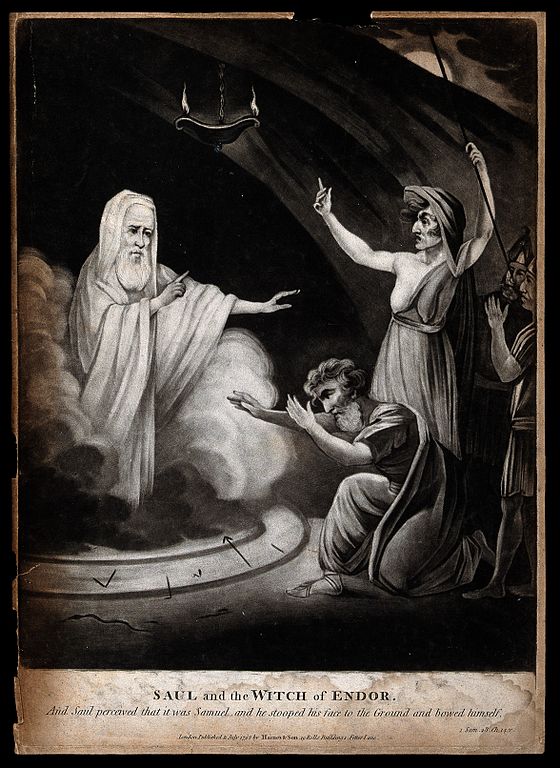
Saul’s lack of unconditional loyalty to Elohim caused him constantly to step out of will of Elohim, which, as Samuel declared, was rebellion and witchcraft (1 Sam 15:23). One does not have to don a black robe and pointed hat and fly around on a broom to be a witch! By biblical definition, we fall into witchcraft anytime we rebelliously step out of the will of Elohim, go against his Word, and do what is right in our own eyes, when it is contrary to Elohim’s Word. Eventually, Saul persisted in his rebellion and witchcraft and even found himself consulting a witch in an attempt to foretell his future.
Going against the Word, will and laws of Elohim or Torahlessness is a form of witchcraft, for it is putting our will over that of Elohim’s. Another expression of this idea is, “Do what thou wilt,” which is the modern mantra of those who have given themselves over to the religion of Satanism. Whenever, Saul stepped out of Elohim’s will, he was, in reality, resisting the Spirit of Elohim, and stepping over to the dark side—the side of the Adversary or Satan the devil. It was at this time that a evil, even murderous, spirit from Elohim began tormenting Saul. In reality, this was Elohim’s judgment against Saul. In essence, YHVH was telling Saul, “If you don’t want me to rule over you, then you’ve chosen the devil to rule over you instead. Now see where that gets you!” When YHVH pulled off of Saul the light of his grace and his Spirit, the void that was left was filled by darkness—an evil spirit. At this time, Saul could have repented and turned back to Elohim, but, instead, he persisted in his wilful, stubborn rebellion against heaven’s rule and, as a result, he lost his kingdom and his life. The devil always over-promises and under-delivers! As Proverbs declares, “There is a way which seemeth right unto a man, but the end thereof are the ways of death,” (Prov 14:12; 16:25).
Continue reading

